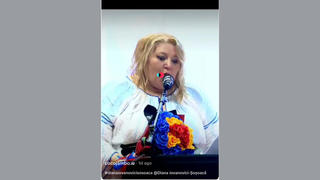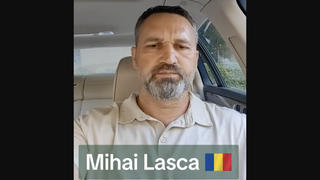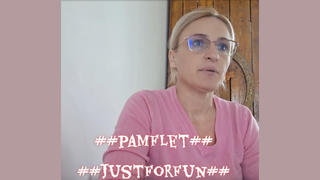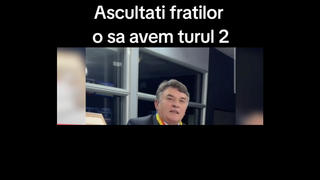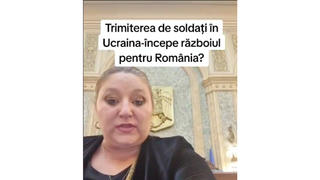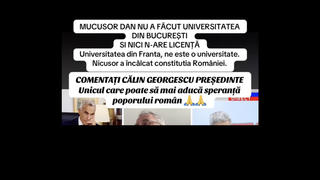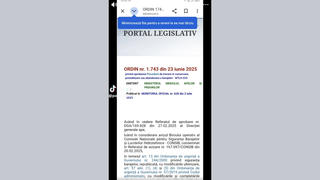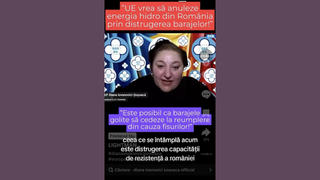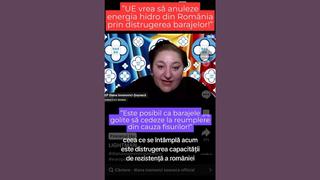
Is Romania's Health Minister, Alexandru Rafila, talking as of September 16, 2023, about imposing new restrictions and a mask mandate for COVID? No, that's not true: Rafila announced recently that while COVID-19 cases are rising, restrictions will not be imposed. Wearing masks is still recommended, but not mandatory, for those who have contracted the virus or are experiencing symptoms, when they are in crowded places.
The claim originated from a video (archived here) published on TikTok by user @iondragoshoreabarezerva on September 16, 2023, with the following message (translated from Romanian to English by Lead Stories staff):
Rafila has started talking indirectly about restrictions. With renewed talks of COVID-19, they are preparing us for new restrictions this autumn. Pay attention!
This is what the post looked like on TikTok at the time of writing:

(Source: TikTok screenshot taken on Tue Sep 19 07:55:07 2023 UTC)
On Monday, September 18, 2023, the Romanian Health Minister, Alexandru Rafila, addressed the rising number of COVID-19 cases in the country, stating: "We now have around 2,000 daily cases."
He reassured the public that new restrictions will not be imposed and that masks will not become mandatory. He mentioned that masks are merely a "medical recommendation" for those infected with the virus, or presenting symptoms, when they are in crowded places, like on public transport or in indoor places.
Rafila mentioned that the current COVID-19 variants circulating present milder symptoms and that the situation is under control, given that a large part of the population has been vaccinated, has already had the virus, or both, so that many "have a certain degree of immunity." Additionally, the Health Minister said he expects to see a continuous rise in COVID-19 cases in the next two weeks, then followed by a drop.
He also addressed the issue of hospitalization, mentioning that there is the possibility that hospitals might become crowded, especially in concentrated urban areas, like Bucharest. The minister stated that he is in contact with the medical community and hospitals around the country to address the needs of those who might require more specialized medical care or treatment in hospitals, and also to coordinate in case of hospital becoming overcrowded again.



